Demand Response: A Top Pick for Drawdown GA
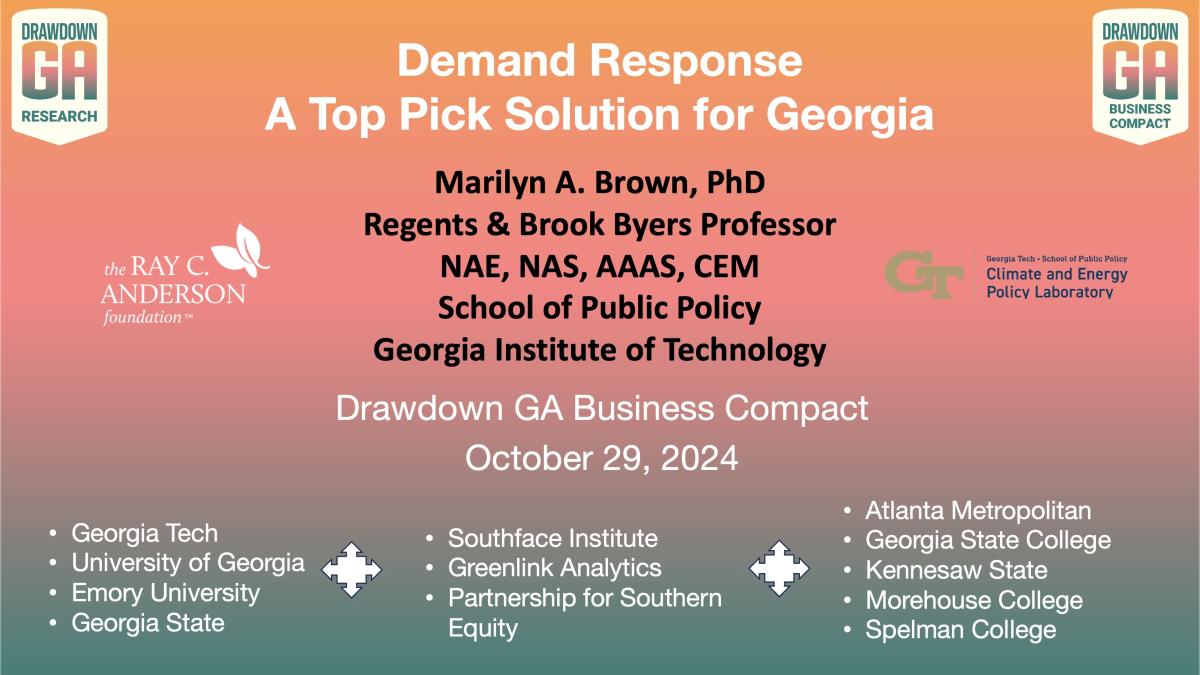
Dr. Marilyn Brown presented to the Drawdown Georgia Business Compact on the power of Demand Response as an important climate solution in Georgia. She highlighted the positive effects of demand response programs on customer energy bills as well as their ability to promote carbon emission reductions. See her presentation to learn more.

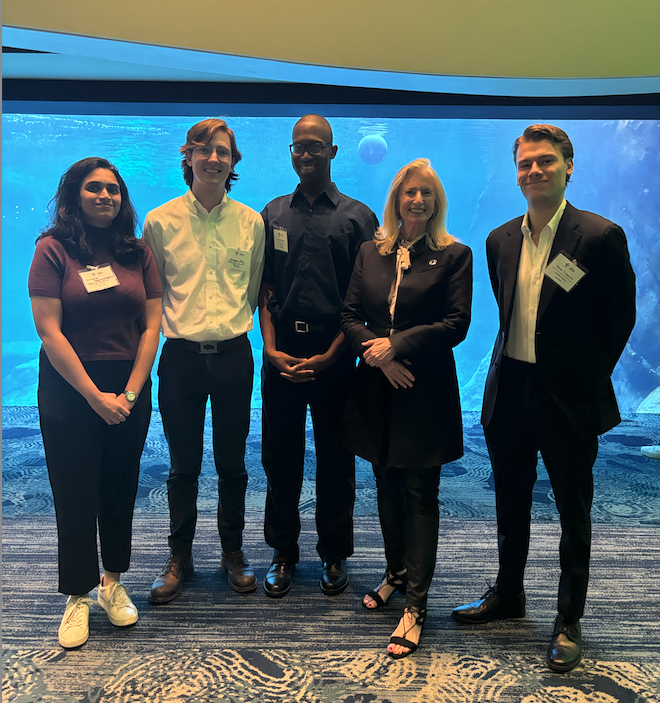
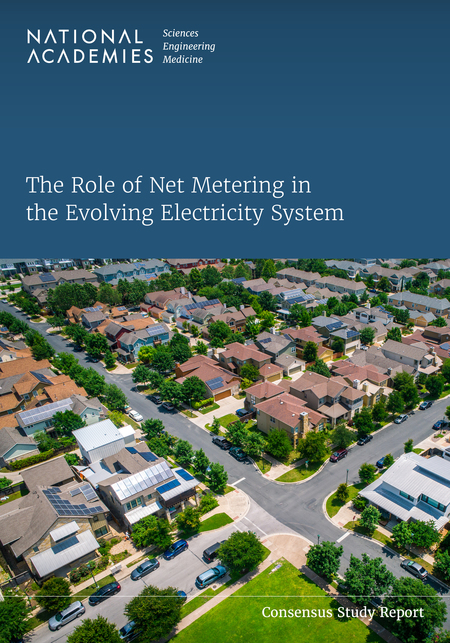


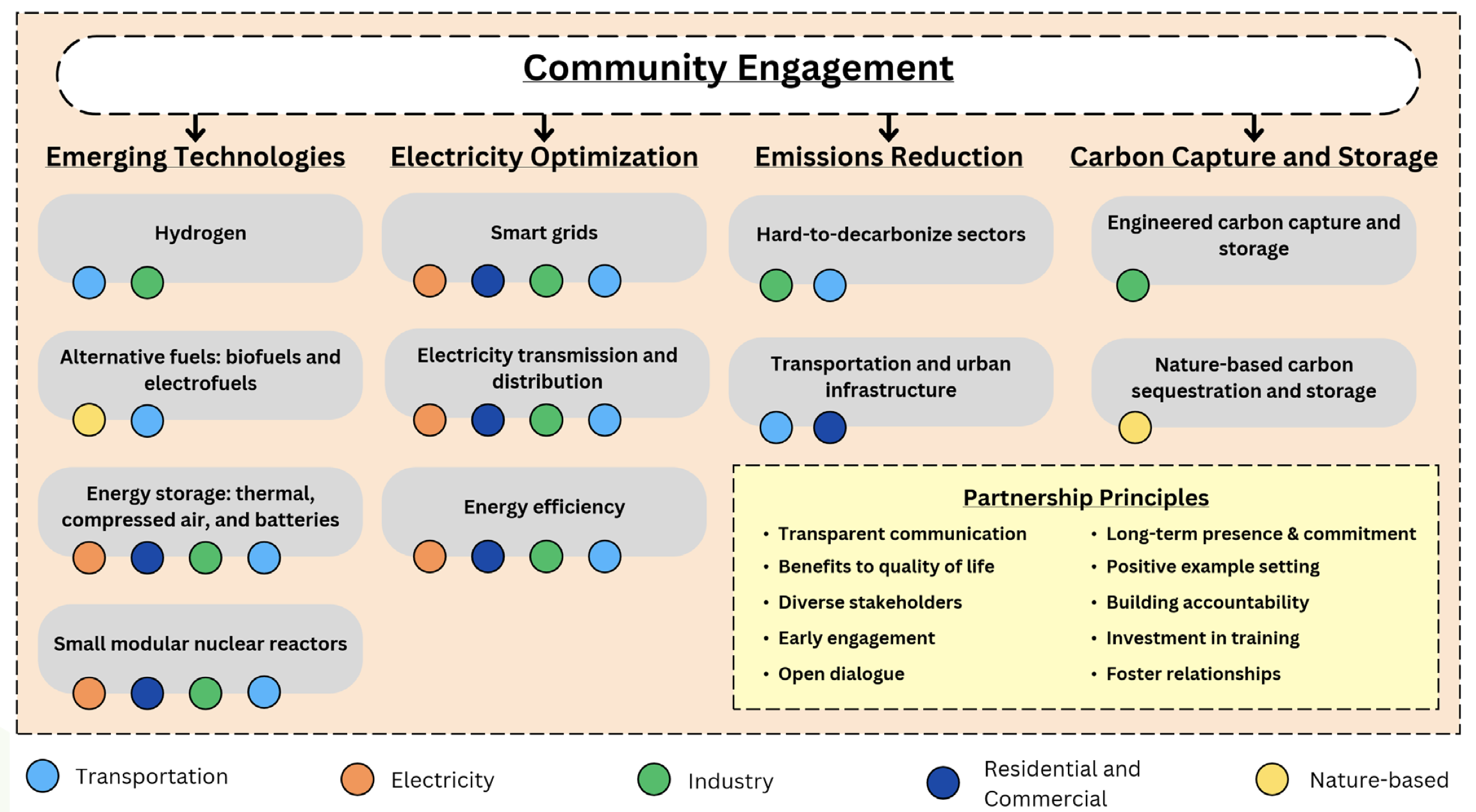
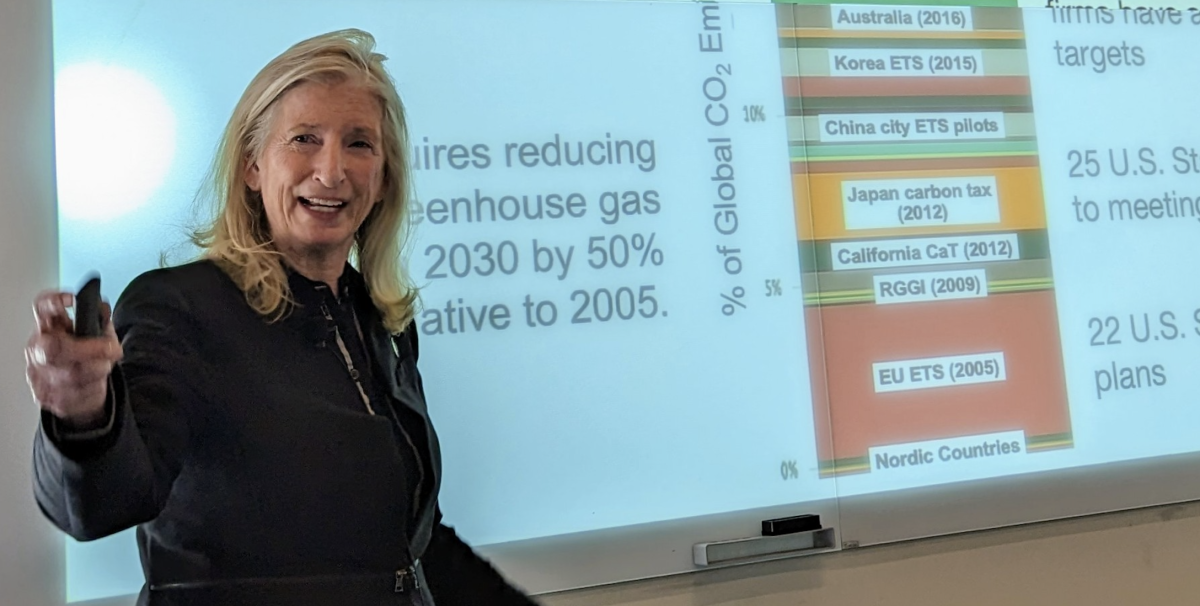
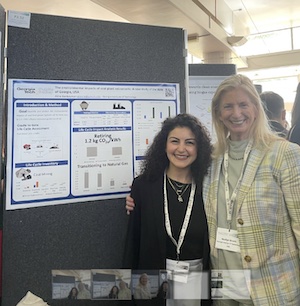

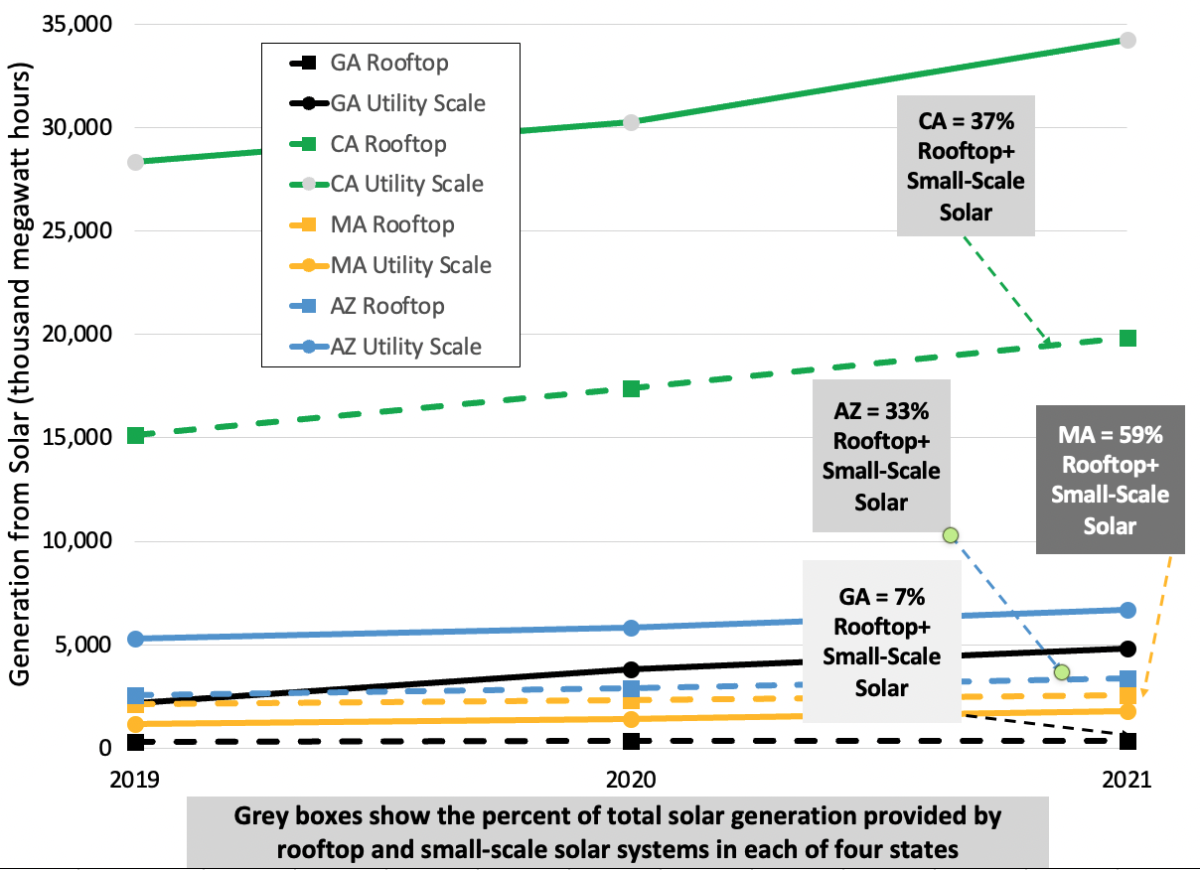

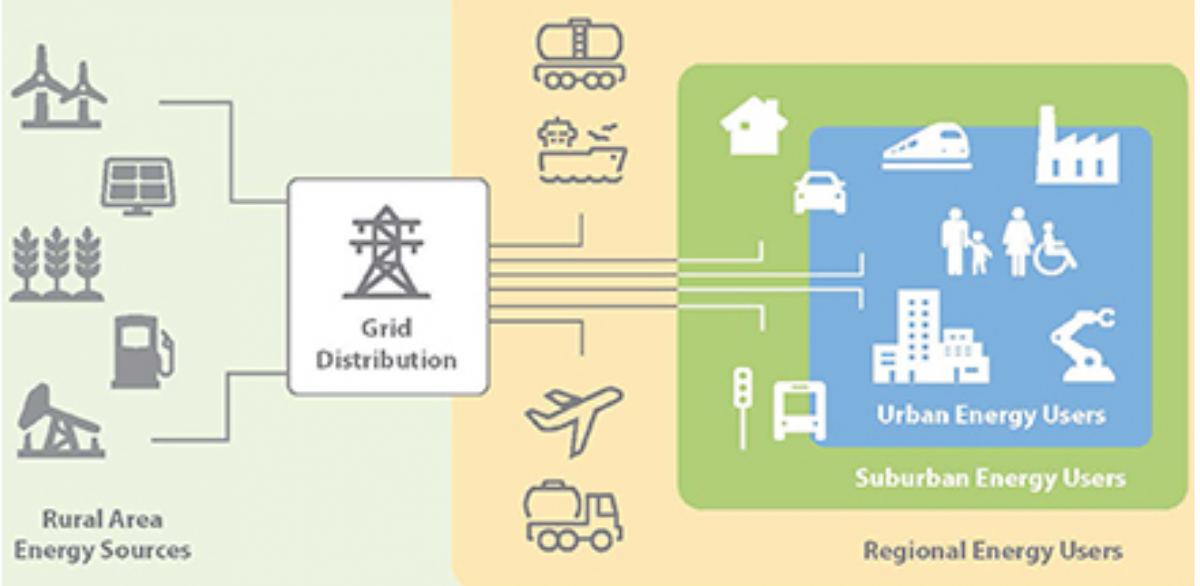 A new paper by NREL, Georgia Tech, and others places cities on the front line of efforts to electrify transportation and integrate EVs with buildings connected to a clean grid. Cities are driving changes principally via wealthier populations often supported by programs financed by raising the electric rates of all customers, resulting in concerns for an equitable transition. Read more here:
A new paper by NREL, Georgia Tech, and others places cities on the front line of efforts to electrify transportation and integrate EVs with buildings connected to a clean grid. Cities are driving changes principally via wealthier populations often supported by programs financed by raising the electric rates of all customers, resulting in concerns for an equitable transition. Read more here:  Two researchers in this lab used the GT-NEMS modeling system to assess effects of increase emissions of conventional air pollutants due to relaxing energy policies. PHD student, Yufei Li, guided by Dr. Marilyn Brown both contributed to
Two researchers in this lab used the GT-NEMS modeling system to assess effects of increase emissions of conventional air pollutants due to relaxing energy policies. PHD student, Yufei Li, guided by Dr. Marilyn Brown both contributed to 
 “Finding the right fuel mix” drew a crowd at the Energy Research & Social Science (ER&SS) Conference at Arizona State University on May 30, 2019.
“Finding the right fuel mix” drew a crowd at the Energy Research & Social Science (ER&SS) Conference at Arizona State University on May 30, 2019.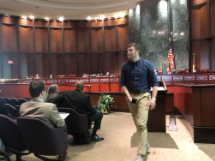 After more than two years of deliberation, last week the City of Atlanta officially adopted a plan to transition to 100% clean energy by 2035.
After more than two years of deliberation, last week the City of Atlanta officially adopted a plan to transition to 100% clean energy by 2035. 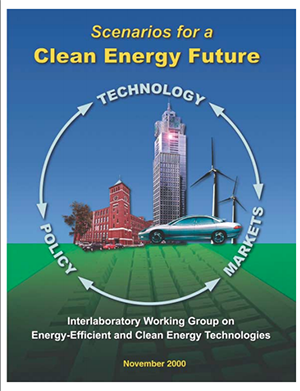 Taxing carbon to account for its environmental and human health damages is the efficient way to cut CO2 emissions. And that’s what most economists are advocating. But progressives appear to prefer the government mandates embedded in the Green New Deal. Both approaches (and others) could probably be made to work…the problem is that we don’t have a majority supporting any single policy intervention. This could cause an enduring stalemate at a time when delayed action is so costly.
Taxing carbon to account for its environmental and human health damages is the efficient way to cut CO2 emissions. And that’s what most economists are advocating. But progressives appear to prefer the government mandates embedded in the Green New Deal. Both approaches (and others) could probably be made to work…the problem is that we don’t have a majority supporting any single policy intervention. This could cause an enduring stalemate at a time when delayed action is so costly.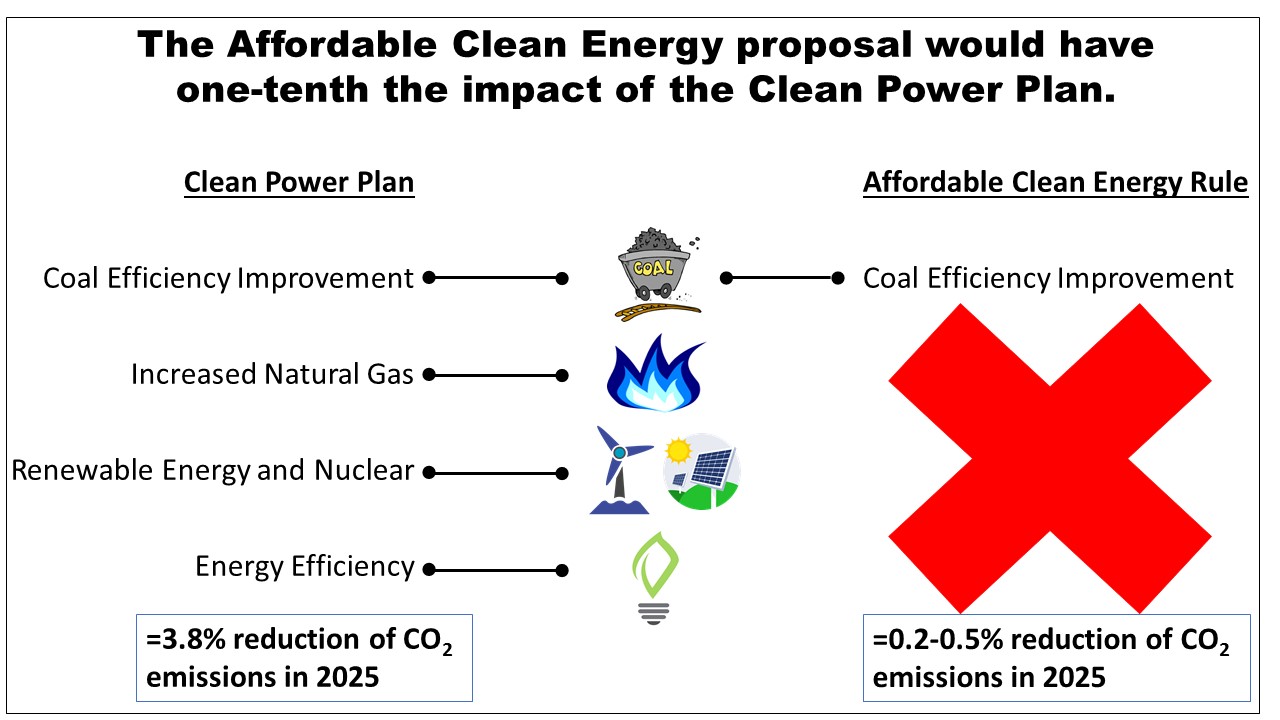
 by Professor Marilyn A. Brown
by Professor Marilyn A. Brown
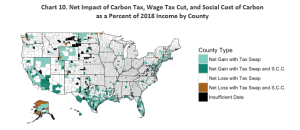 See the
See the 

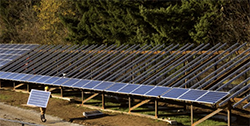 Marilyn Brown, a professor in the School of Public Policy at Georgia Tech, 2007 co-recipient of the Nobel Prize, and co-founder of the Southeast Energy Efficiency Alliance, made a strong case for the value of efficiency projects during her presentation “Selling Energy Efficiency in a Climate-Conscious World”. Her discussion highlighted the importance of educating consumers, businesses, and politicians about practical policy solutions that drive increased adoption of energy efficiency projects.
Marilyn Brown, a professor in the School of Public Policy at Georgia Tech, 2007 co-recipient of the Nobel Prize, and co-founder of the Southeast Energy Efficiency Alliance, made a strong case for the value of efficiency projects during her presentation “Selling Energy Efficiency in a Climate-Conscious World”. Her discussion highlighted the importance of educating consumers, businesses, and politicians about practical policy solutions that drive increased adoption of energy efficiency projects.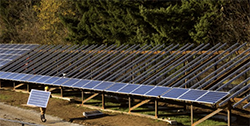 Without any changes in the way we produce and use electricity, Georgia households can expect an 8.4 percent increase in electricity bills over the next 15 years, while the typical U.S. household will see bills increase by 18 percent. But a new report has found that implementing the Obama Administration’s Clean Power Plan will cut costs. The average Georgia household would save $2,070 in electricity costs over the same period, while U.S.
Without any changes in the way we produce and use electricity, Georgia households can expect an 8.4 percent increase in electricity bills over the next 15 years, while the typical U.S. household will see bills increase by 18 percent. But a new report has found that implementing the Obama Administration’s Clean Power Plan will cut costs. The average Georgia household would save $2,070 in electricity costs over the same period, while U.S.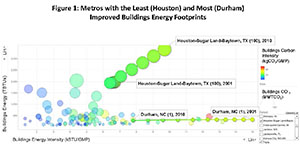
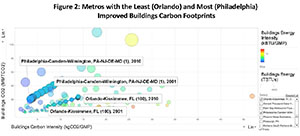 Using "bubble charts," Figures 1 and 2 highlight the trajectory of four cities, from 2001 to 2010. The backdrop of bubbles are the 2010 energy and carbon dioxide footprints of all 100 metro areas in the U.S.
Using "bubble charts," Figures 1 and 2 highlight the trajectory of four cities, from 2001 to 2010. The backdrop of bubbles are the 2010 energy and carbon dioxide footprints of all 100 metro areas in the U.S.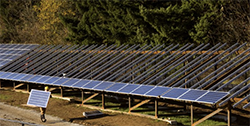 CEPL has just released a
CEPL has just released a 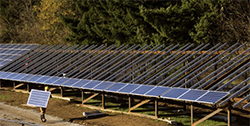 Atlanta’s skyline has long been a symbol of innovation and prosperity. What you can’t see is that these same buildings are some of the city’s largest energy consumers and polluters. The city is proposing a benchmarking ordinance that will help redraw this energy and environmental profile.
Atlanta’s skyline has long been a symbol of innovation and prosperity. What you can’t see is that these same buildings are some of the city’s largest energy consumers and polluters. The city is proposing a benchmarking ordinance that will help redraw this energy and environmental profile.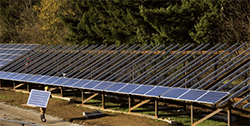 "The new EPA carbon pollution limits will not only accelerate the retirement of the nation's oldest coal plants, but will also also encourage states and power producers to help consumers use less electricity. This flexibility is very important in the South, where the efficient use of energy has been a struggle."
"The new EPA carbon pollution limits will not only accelerate the retirement of the nation's oldest coal plants, but will also also encourage states and power producers to help consumers use less electricity. This flexibility is very important in the South, where the efficient use of energy has been a struggle."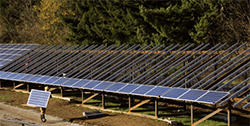 "In 2013, TVA met the Administration's 30% carbon reduction goal. Other utilities in the South can surely do the same by 2030."
"In 2013, TVA met the Administration's 30% carbon reduction goal. Other utilities in the South can surely do the same by 2030."